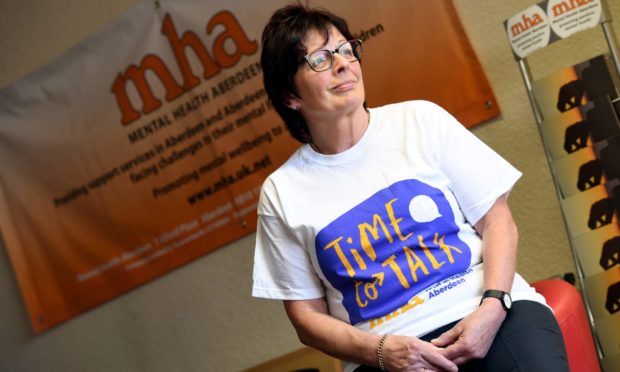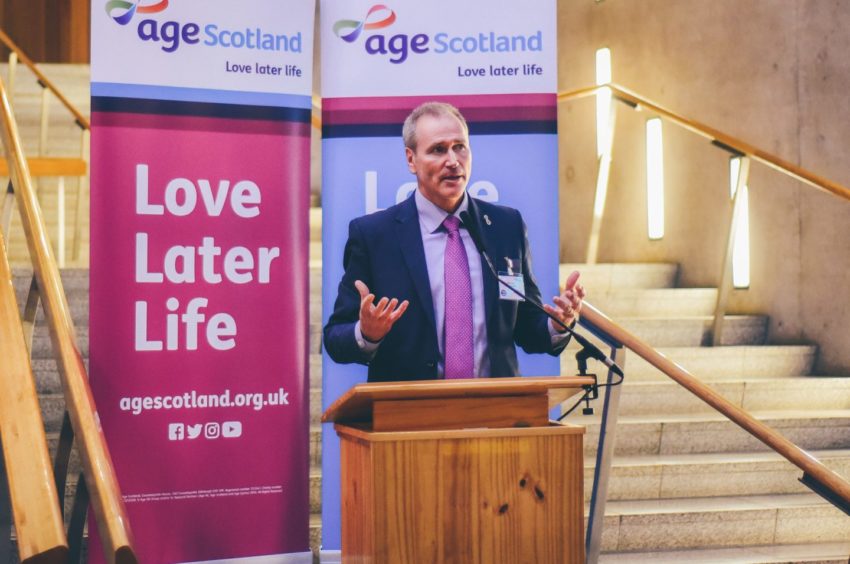The head of a north-east mental health charity has warned continued uncertainty about route out of lockdown will be “hard to comprehend” for people struggling with mental health and isolation.
The Scottish Government yesterday outlined plans to take mainland Scotland to Level 3 by the end of April, but offered no insight into what was to come afterwards.
Within the third tier of Covid restrictions, people are still unable to visit each other indoors or leave their council area.
Other charities helping vulnerable people have demanded their needs are directly addressed by ministers planning the exit from lockdown.
Mental Health Aberdeen chief executive Astrid Whyte told The P&J the news would be “tough to hear for people struggling with businesses and for those staying at home – there seems to be no light at the end of the tunnel”.
Mrs Whyte said lockdown had “frustrated” her charity’s efforts to help people as, perhaps due to a lack of face-to-face meetings, they were taking longer to ask for help.
The cost of video calling – preferred to a simple phone call – also is acting as a deterrent.
“When they make it to us, they are really desperate and very unwell – before the pandemic it was much easier for a GP or a friend to see them and suggest they might consider counselling,” she added.
“Referrals are going up again, self-referral is increasing massively – on Friday alone we had 19 appointments in our adult service, which is a lot in one day for us.
“We have been coping with the demand, but less so with the severity of issues clients are bringing and the level of psychological disturbance they are presenting with.
“Stay at home guidance continuing means we really can’t do our best for those who need it most.”
Meanwhile, Age Scotland has called for the government to come up with a recovery plan – addressing local and national needs – for older people.
Last night chief executive Brian Sloan said the first minister’s Holyrood speech would “bring real hope to many” who had been have been separated from family and friends “for a very long time”.
But he added: “The impact of the pandemic on older people cannot be over-estimated.
“Hundreds of thousands of older people are experiencing crippling levels of isolation and loneliness, many have been cut off from family, friends and community for almost a year and have experienced a decline in their physical and mental health.
“For some of those older people who are struggling, the prospect of a return to pre-pandemic normality might seem overwhelming with many unsure of how to reconnect and pick up the pieces of their life again.
“It is vital that in the coming weeks and months, support is made available to ensure that older people can rebuild their lives and feel connected once again. We need to work out how best to open the doors to allow older people to feel safe, valued members of society.
“Older people must be helped to recover – and thrive – after a pandemic that took so much from them.”

